News

Plastic pollution threatens soil health in Europe
New research shows that plastic pollution in European soils has reached levels that can affect soil health, crop quality and, at worst, the food we eat.
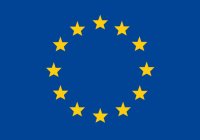
Call for Ethics Advisor
Norwegian Institute for Water Research (NIVA) hereby announce tender competition for an independent external “Ethics Advisor” for a HORIZON project for which NIVA is the coordinator.
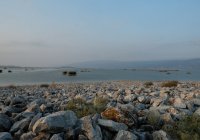
NIVA leads EU project on lake restoration
FutureLakes aims to show how technological and nature-based solutions can revolutionise the protection of European lakes.
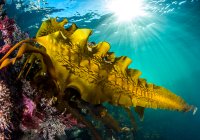
Restoration transformed sea urchin desert into rich forest
In Porsangerfjorden in Finnmark, large-scale sea urchin removal has restored the kelp forest on a former marine desert landscape. Almost ten years after the sea urchins were removed, the project can report that millions of kelp plants and billions of small animals are still occurring.

“Green” car tires are far from environmentally friendly
A recent NIVA study shows that so-called “green” car tires, which are marketed as environmentally friendly, can actually be just as harmful to the environment as regular tires – and in some cases even worse.
-1.jpg)
NIVA leads EU project for sustainable energy development at sea.
NiD4OCEAN is a pioneering EU project that combines the development of offshore renewable energy with the protection of marine biodiversity.
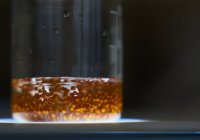
Innovative project tackles phosphorus in waterways
In an exciting environmental collaboration, NIVA and the Polish company APRS have teamed up to tackle phosphorus in lakes and rivers.
We are seeking subcontractors from Cambodia and Viet Nam
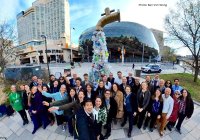
A (small) step closer to ending plastic pollution
UN Member States met in Ottawa 23-29 April to continue the negotiations for a global treaty to end plastic pollution. Researchers from NIVA are part of a network of 350 scientists informing the negotiations.

Hybrid power plants – the energy solution of the future?
In combination, solar power, hydropower and batteries can provide large amounts of renewable, stable and affordable energy. The HYDROSUN project is developing hybrid power plants based on these three solutions.

We need a better definition of nature positivity
Nature positivity is a popular buzz word for those engaged in the offshore wind industry. But a recent study concludes that a scientific definition of what it really means, is missing.

Is Europe ready to restore its nature?
Early 2024, the European Parliament will have a final vote on the Nature Restoration Law (NRL). An international team of scientists has investigated the prospects of the new regulation and published an article about it in the journal Science.

New research informs about environmental effects of pharmaceutical discharges from hospitals
A comprehensive Norwegian study has investigated the environmental effects of pharmaceutical discharges via wastewater from hospitals. Some drugs may pose a hazard to the environment, while for several drugs we lack knowledge about the effects on aquatic life.

Great need for scientific input in negotiations for a global plastics treaty
Earlier this month, NIVA and the NIVA-led Scientists' Coalition for an Effective Plastics Treaty were present in Nairobi for the third round of negotiations for a binding global agreement against plastic pollution. The goal was to contribute to an agreement that regulates the entire plastics lifecycle and that is based on solid, independent research.

Europe’s rivers and streams: Positive biodiversity trend in European rivers and streams has come to an end
A recent Nature article with two NIVA co-authors shows that biodiversity in European streams and rivers has increased since the 1970s, but that the positive trend has stopped in the last decade.

The «plastic paradox»: Some clean-up technologies do more harm than good
The ever-increasing problem of plastic pollution has prompted widespread efforts to combat it through innovative clean-up technologies. These advancements, however, often seen as the silver bullet to solve our plastic crisis, sometimes do more harm than good.

Microalgae – important ingredients in the green shift
Microalgae are a renewable resource. They absorb CO2 as they grow and reproduce themselves at a rapid pace. It is time to put them to use.

NIVA leads large European Topic Centre on Biodiversity and Ecosystems supporting implementation of European environmental policies
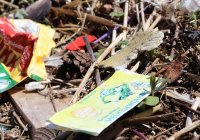
Sirkulærøkonomi: Plasten bør resirkuleres i nærheten av der plasten blir brukt
KRONIKK: Den bør ikke eksporteres til fattige land der den ofte havner på dynga. Det er på høy tid at vi i vesten tar ansvar for det plastavfallet vi produserer og omfavner mulighetene som ligger i nye, bærekraftige løsninger.
